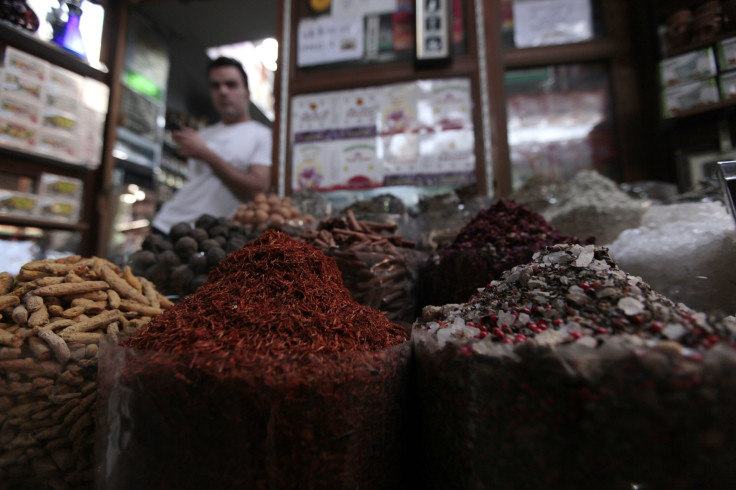Spicy Food Linked To A Longer, Healthier Life: Chinese Researchers

A study by researchers at the Chinese Academy of Medical Sciences has revealed that people who eat spicy food once or twice a week are 10 percent less likely to die earlier than those who consume blander fare. The researchers say common spices boost a person's chance to have a longer life.
During the massive population study, the researchers analyzed the data of 487,375 people aged between 30 and 79 with no history of a chronic disease. They were enrolled in the study between 2004 and 2008. Considering the factors affecting longevity -- including marital status and education – as a control, the researchers followed up with the participants after an average of seven years.
The researchers found that those who ate spicy food three to seven times in a week were less likely to die because of cancer and heart or respiratory failure. The difference was more pronounced in women. Overall, those who ate spicy food relatively often had developed 14 percent lower chances of dying during the study period, as compared to those who preferred only a few, or no chili peppers at all.
In addition, the researchers found that those who ate spicy food once or twice a week had a 10 percent lower chance of dying than those who ate no spicy food at all. However, the researchers say the results are just observation, and that eating plenty of spicy food is likely to be linked to other lifestyle choices.
Research in the past has proven the benefits of eating spices -- especially chillies -- that are traditionally used by the cook to add flavor and taste to the cuisine. Chili contains a chemical called capsaicin, which gives them a distinct burn.
Researchers say capsaicin helps lower the risk of diseases, reduces inflammation and helps clear the respiratory tract. In addition, it is an antioxidant and anti-obesity chemical.
However, research in the past has also shown the ill-health effects of capsaicin. When consumed in exceedingly huge amounts, it can cause irritation of the skin and the mucous membranes, resulting in an inflammatory response that causes redness and swelling.
The excessive consumption of spices can sometimes even lead to death of the consumer by blocking the respiratory tract, or causing asphyxia. A child -- who was supposed to be disciplined -- was declared dead at the hospital in 2013 after his foster mother accidentally dropped a large bolus of pepper on his tongue. The doctors found that his trachea was choked with a large ball of mucous and pepper, resulting in asphyxia.
© Copyright IBTimes 2024. All rights reserved.



















